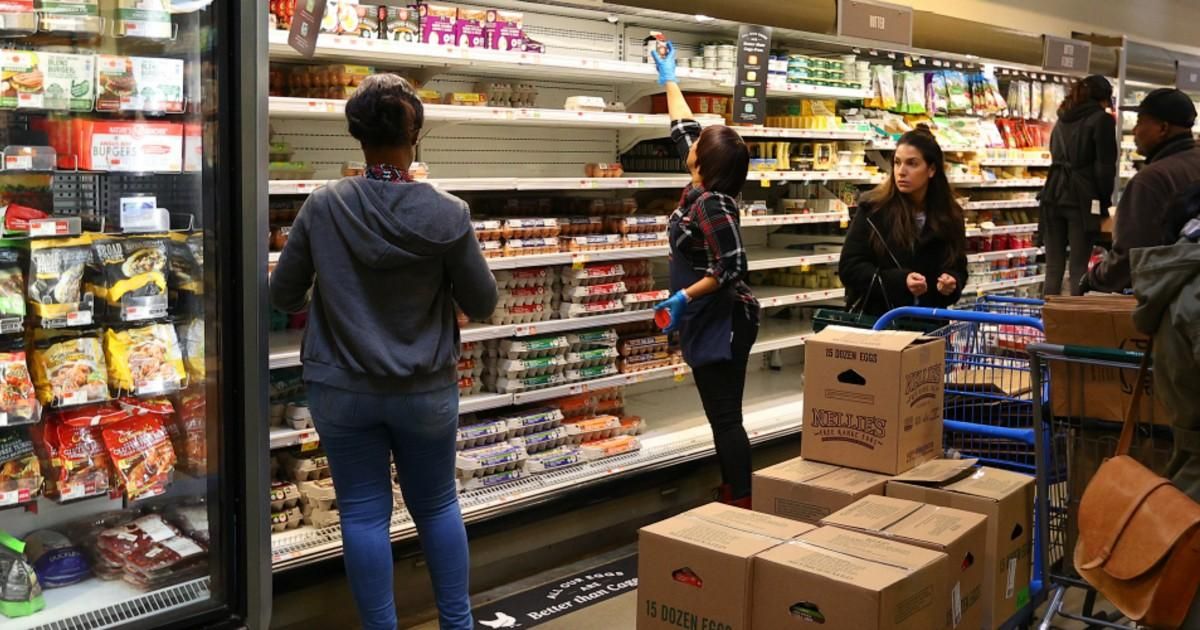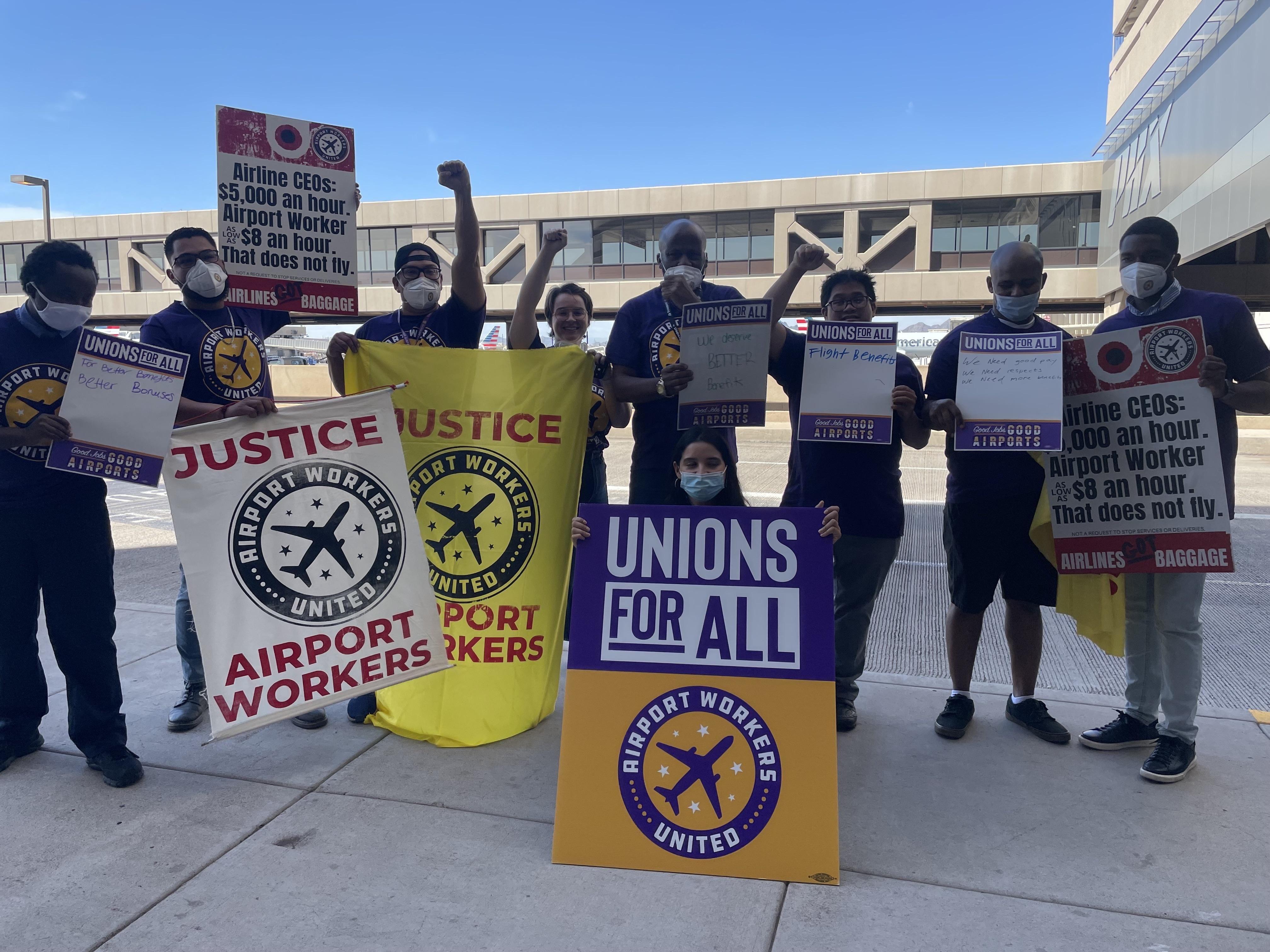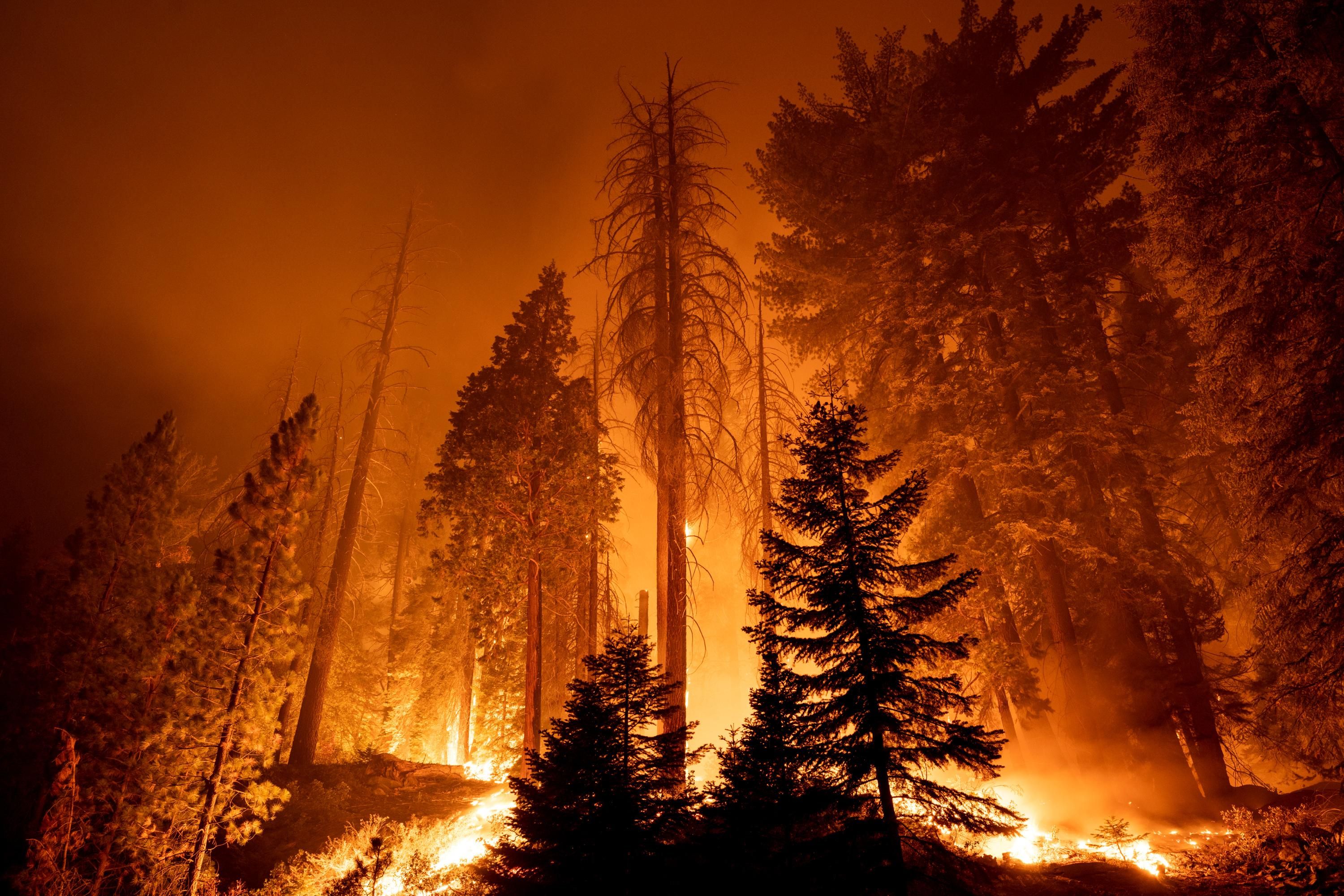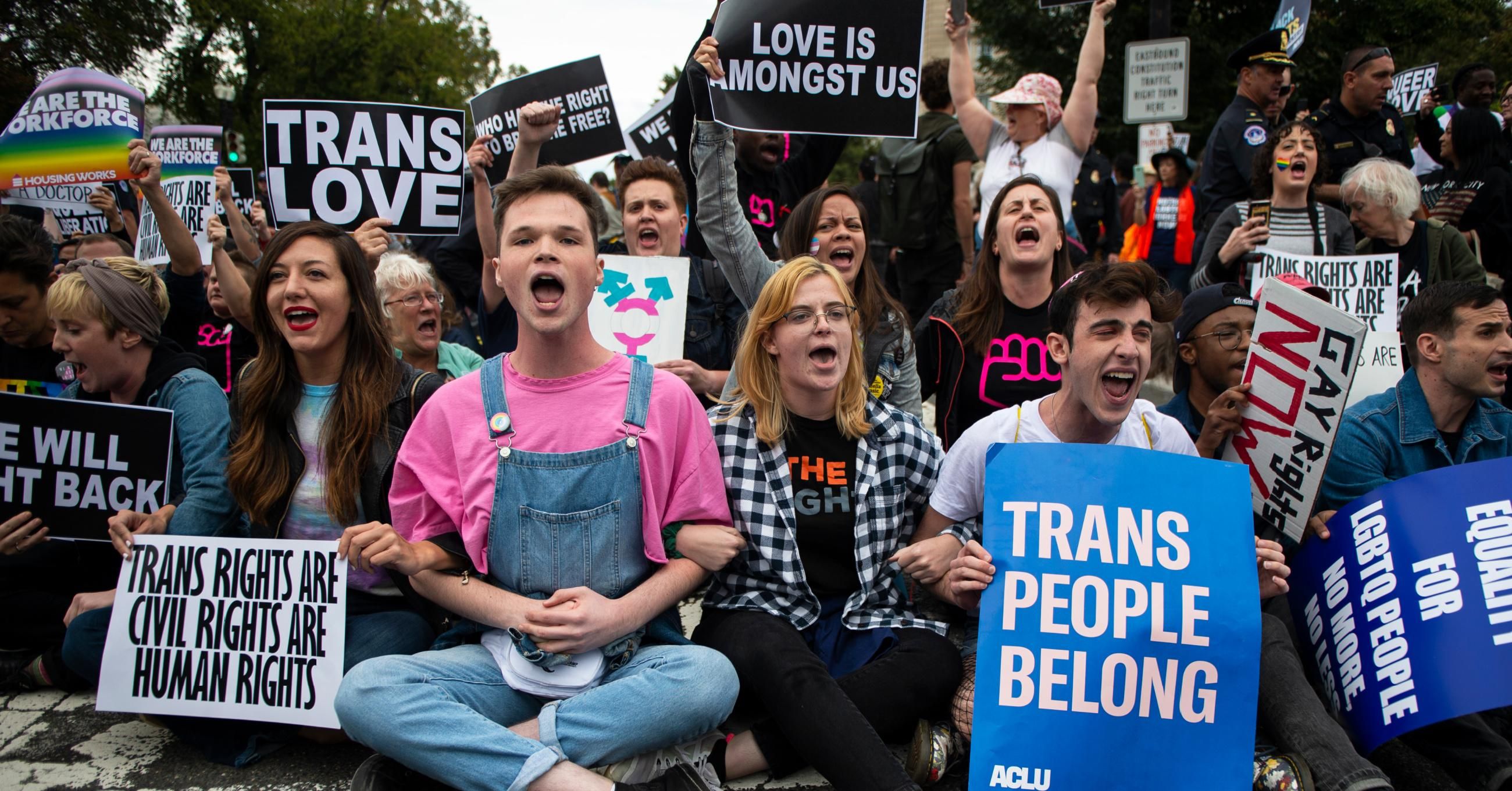The result is

People shopping in the egg and dairy case on March 13, 2020 at Whole Foods Merket in Vauxhall, New Jersey. (Photo: Rich Graessle/Icon Sportswire via Getty Images)
ROBERT REICH
As Putin’s war shakes up the world economy, the Fed last week raised interest rates by a quarter point and penciled in six more increases by the end of the year. Fed Chair Jerome Powell says he’s ready to do whatever it takes to bring inflation down, including following the example of his predecessor Paul Volcker, who increased interest rates to 20 percent in 1981.
The current inflation is the consequence of a perfect storm of unique events that won't recur—and won’t be remedied by higher rates.
Volcker’s rate rise triggered a deep recession and double-digit unemployment. We can debate whether that harsh medicine in 1981 was necessary. What should be clear is that the current inflation is nothing like the inflation of the late 1970s — a time when nearly a quarter of all private-sector workers were unionized and American corporations couldn’t easily outsource production. Today, only 6 percent of private-sector workers are unionized — which means workers have almost no long-term bargaining leverage. And today American corporations can outsource almost anywhere (although China is becoming more complicated, and Russia is now off limits).
Inflation is running almost 8 percent annually, which is surely a problem. But it’s not due to permanent wage or price hikes. In fact, it has nothing to do with the business cycle. So expecting the Federal Reserve to remedy today’s inflation by raising interest rates to slow the economy is like trying to cool off on a hot day by aiming a battering ram at your head. Wrong diagnosis. Wrong remedy. The current inflation is the consequence of a perfect storm of unique events that won’t recur—and won’t be remedied by higher rates.
We’re emerging from a once-a-century pandemic during which much of the world economy closed down. In March through May 2020, demand evaporated as people retreated into their homes. Because the nation’s (and world’s) productive capacity couldn’t be closed down all at once (productive capacity includes factories, offices, warehouses, and so on, all of which take a while to wind down), the resulting excess of supply over demand caused a deep recession.
Now, at the other end, and without much opportunity to buy for the last two years, American consumers are flush with cash (the national savings rate is at its highest level in decades). So they want to buy lots of stuff (and they haven’t yet gone back to spending much on services such as restaurants, hotels, air travel, movies and other places where COVID reigned for two years). Yet the nation’s (and the world’s) productive capacity can’t be fully operational all at once. The resulting excess of demand over supply is causing major inflation.
That inflation is being driven by other unique events as well. In housing, the real engine of rising prices is demographics. The huge Millennial generation (the largest in American history), born in the 1980s, is now storming into the housing market after COVID closed their world for two years. Making matters worse, the Great Recession clobbered the construction industry, dramatically reducing the number of available houses to buy or rent.
Energy prices are soaring mostly because of Putin’s war (they were rising even in anticipation of it). So are food costs. (Russia and Ukraine together provide about one-quarter of all the planet’s wheat exports.)
Another culprit is the pricing power of big corporations. In a White House briefing last fall, National Economic Council Director Brian Deese noted that half of the overall increase in food prices is due to spikes in the cost of beef, pork, and poultry, which has fueled record profits among the four biggest producers that control most of the market. "It raises a concern about pandemic profiteering — about companies that are driving price increases in a way that hurts consumers who are going to the grocery store, and also isn't benefiting the actual producers — the farmers and the ranchers," Deese said.
Profiteering is occurring over much of American industry, as I’ve chronicled on these pages, here and here.
Corporations have been raising prices even as they rake in record profits by coordinating price hikes with the handful of other big companies in their industry.
If you don't believe that corporations are taking advantage of their pricing power and inflation to raise prices, just listen to corporate executives themselves. The Chief Financial Officer of Constellation Brands, the parent company of Modelo and Corona beers, told investors in January that the company wants to “take as much as [we] can” from customers. (Publicly, however, the company has blamed rising material costs for their increased prices.) Here’s another: The grocery food brand Hormel saw a 19 percent increase in their operating income in the first quarter of 2022. Their CFO’s response to these soaring profits? “We’ve done a great job with our pricing.”
Of course corporate financial officers want to brag about profits. But if their corporations were actually competing against other corporations in the same industry, they’d absorb cost increases in order to keep their prices as low as possible so consumers didn't abandon them. Today, however, corporations have been raising prices even as they rake in record profits by coordinating price hikes with the handful of other big companies in their industry. That way, all of them come out ahead — while consumers and workers lose.
Raising interest rates won’t remedy any of this.
Which gets me back to trying to cool yourself down on a hot day by aiming a battering ram at your head. You won’t get cooler. You’ll only get a very bad headache. That’s exactly what the Fed will do to the economy if it sticks to its plan. The Fed’s rate hikes won’t remedy inflation. They will do the opposite. Since World War II, most Fed rate hikes have resulted in recession.
Over the longer term, it’s necessary to attack the pricing power of big corporations in America who are profiteering off the pandemic. For now, it’s best to ride out the perfect storm.
© 2021 robertreich.substack.com

Robert Reich, is the Chancellor’s Professor of Public Policy at the University of California, Berkeley, and a senior fellow at the Blum Center for Developing Economies. He served as secretary of labor in the Clinton administration, for which Time magazine named him one of the 10 most effective cabinet secretaries of the twentieth century. His book include: "Aftershock" (2011), "The Work of Nations" (1992), "Beyond Outrage" (2012) and, "Saving Capitalism" (2016). He is also a founding editor of The American Prospect magazine, former chairman of Common Cause, a member of the American Academy of Arts and Sciences, and co-creator of the award-winning documentary, "Inequality For All." Reich's newest book is "The Common Good" (2019). He's co-creator of the Netflix original documentary "Saving Capitalism," which is streaming now.













